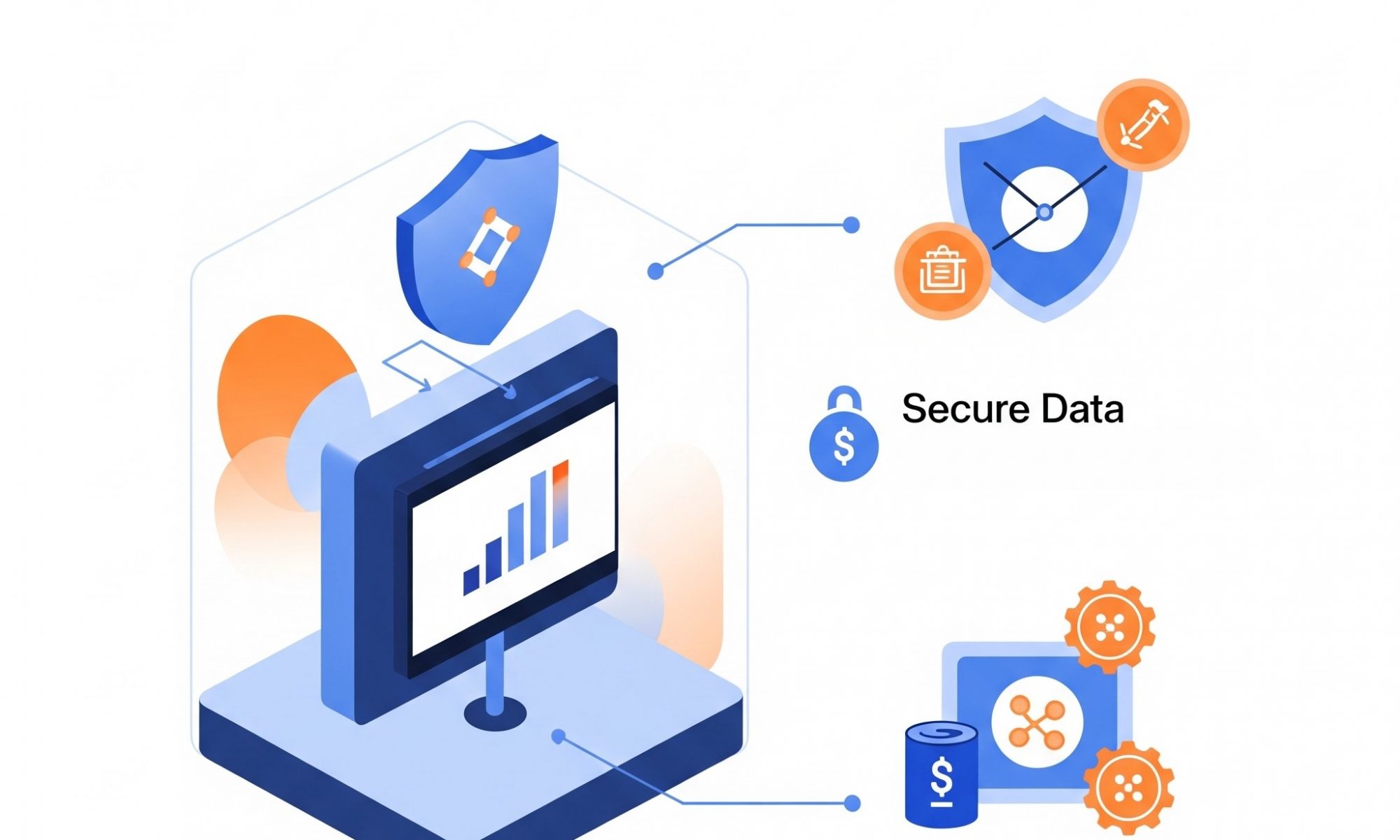Industrial adoption of distributed learning reveals a structural tension between the need to share knowledge and the duty to safeguard sensitive assets. Gradients, prompts, embeddings, or even mere metadata can become vectors for inversion, membership inference, or model theft—attacks now accelerated by increasingly capable generative reasoning systems. Because the threat surface morphs so rapidly, static anonymisation or noise-adding schemes are no longer sufficient.
Current research therefore focuses on dynamic defence mechanisms that decouple utility from disclosure. Scholars design federated protocols in which only synthetic surrogates or partial parameters circulate; objective functions that monitor an attacker’s advantage in real time and modulate the level of sharing; and hybrid guarantees that combine formal methods (differential privacy, secure enclaves) with empirical metrics such as an attacker’s AUC. The ambition is an ecosystem where information flows freely enough to enable learning yet remains opaque to any hostile reconstruction effort.
Contact:

